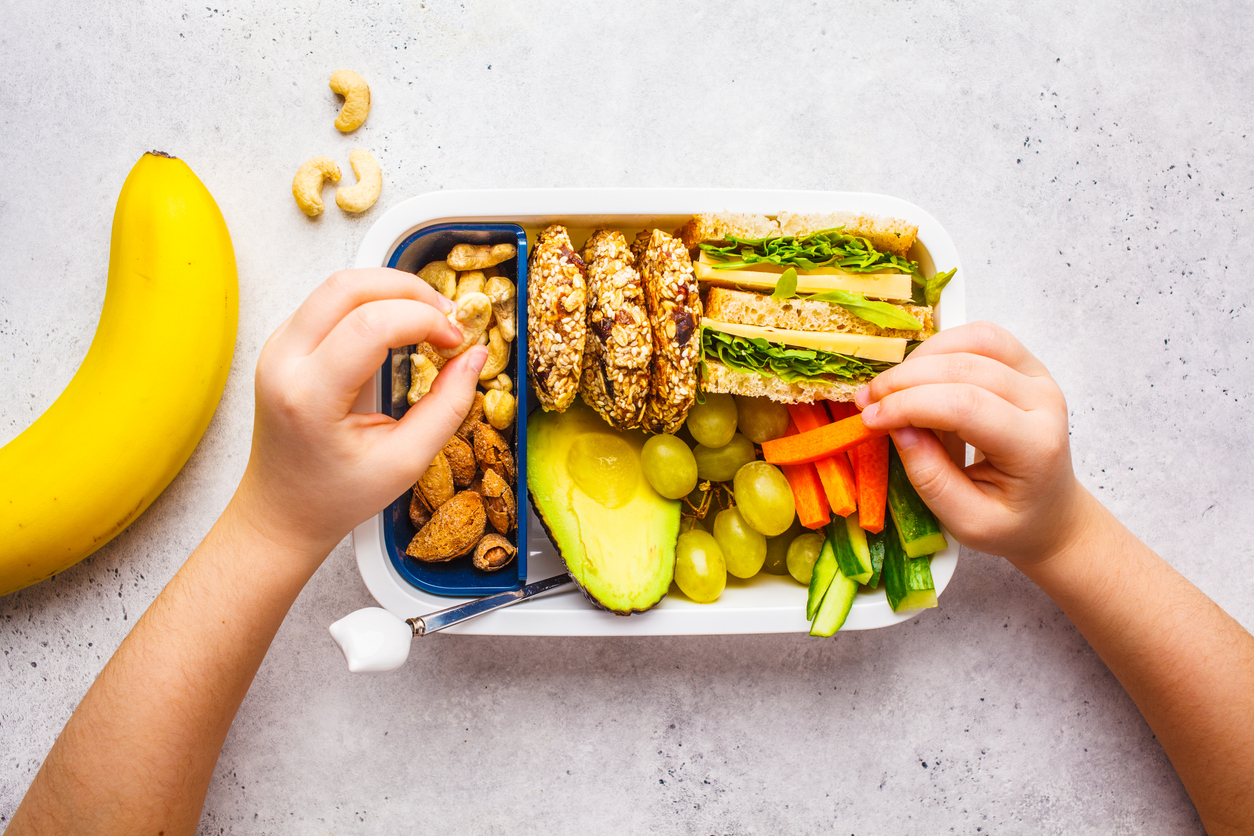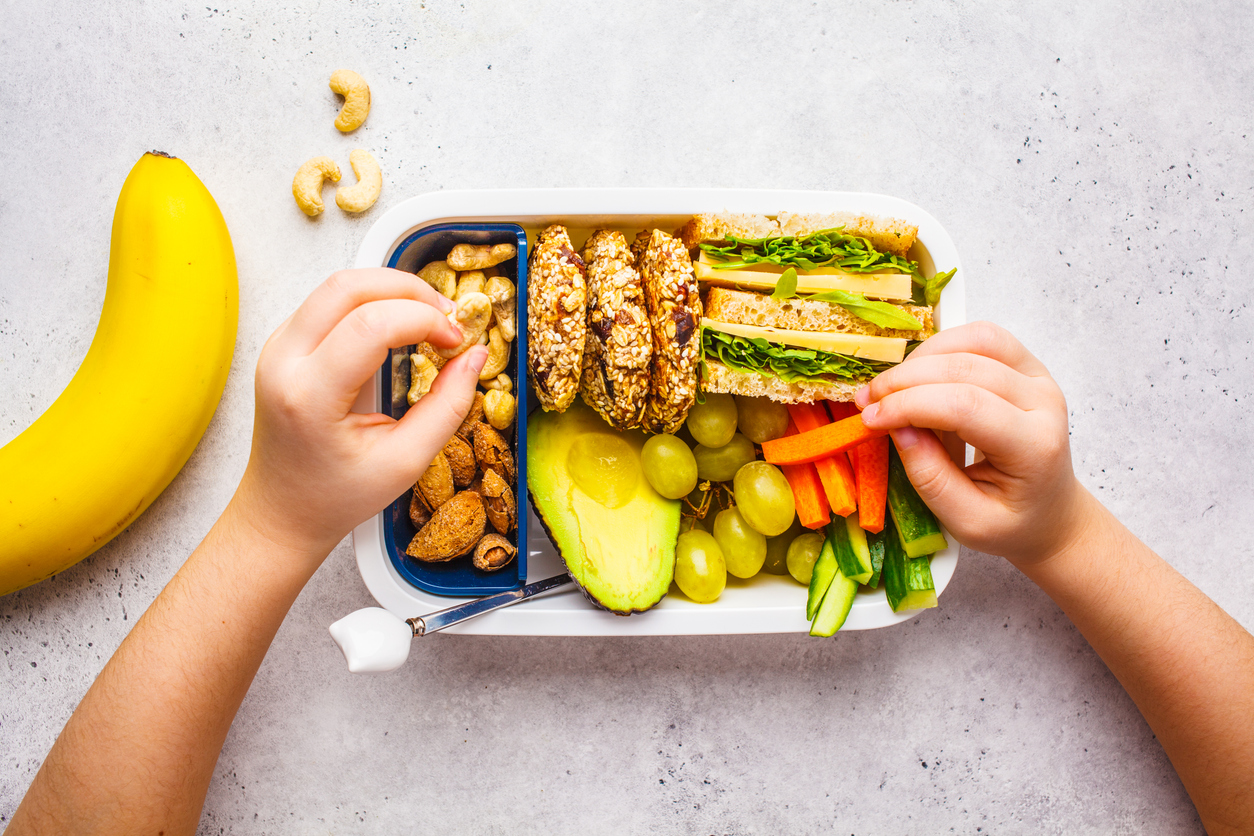Persistent hunger for sweets or refined carbohydrates may signal blood sugar imbalances or deficiencies in chromium and B=vitamins, particularly B1 (Thiamine)
![]()
Published Jul 15, 2025 | 7:00 AM ⚊ Updated Jul 15, 2025 | 7:00 AM

Nutrient-rich food. (iStock)
Synopsis: Late-night chocolate cravings or an urge for rice post-meal may be more than habit—they could signal hidden nutritional deficiencies. Experts say such cravings are the body’s cryptic way of indicating what it lacks. Dr. Sudhir Kumar and nutritionist Swetha Adarsh explain that these urges are often subtle SOS signals, not direct messages, guiding us toward nutrient-rich foods
Ever felt an uncontrollable urge to bite into a bar of chocolate at 11 pm? Or an intense craving for rice, even right after a meal? These food cravings may not just be about comfort or habit—they could be your body’s subtle SOS, signalling a nutritional deficiency hiding in plain sight.
“Food cravings are often our body’s way of communicating what it lacks,” explains Dr Sudhir Kumar, consultant neurologist from Apollo Hospitals in Hyderabad. Agreeing to this, Swetha Adarsh, Consultant Nutritionist from Bengaluru says, “But the language is cryptic. It’s not like your body says, ‘Hey, you’re low on magnesium.’ Instead, it pushes you towards chocolate.”
South First spoke to Dr Sudhir Kumar, metabolic health coach Shashikant Iyengar and nutritionist Swetha Adarsh to understand some of the common food cravings and the nutritional gaps that they point to
Nutritional gaps identified
Magnesium deficiency: Craving for chocolate. Increasing magnesium rich foods in the diet such as pumpkin seeds can help curb this craving, says Shashikant.
Sodium or potassium: People with adrenal fatigue or low sodium or potassium have a strong desire for salty foods, he explains.
Iron or zinc deficiency in children: Shashikant explains that it is common to see young children licking walls or eating mud behaviours and that may suggest iron or zinc deficiency.
B-vitamins: Persistent hunger for sweets or refined carbohydrates may signal blood sugar imbalances or deficiencies in chromium and B=vitamins, particularly B1 (Thiamine). Shashi adds, this craving for sweets can also stem from insulin resistance, which ofter goes undiagnosed.
Also Read: Recognise poverty as a medical condition, argues new study
Ways to address this
Vitamin B12: Craving for meat, eggs cheese check your Vitamin B12
Vitamin C: Craving for citrus fruits, juicy, tangy or sour foods (such as amla or tamarind) check your Vitiamin C
Vitamin D: Craving for fatty fish, egg yolk, cheese, carbohydrates or sweets then you may be low on your Vitamin D. Low mood from deficiency may trigger sugar cravings.
Iron deficiency: A strong craving for red meat often signals iron deficiency as red meat is a rich source of iron. Do you crave to eat ice? This is also another indication associated with iron deficiency anemia.
Calcium deficiency: Craving for cheese and other diary products is a common sign of calcium deficiency. Some people also crave for carbonated beverages or soda.
Nutritionist Swetha Adarsh adds,
Low serotonin: Carbohydrate cravings including foods like canned drinks, banana can be deficiency in serotonin, a neurotransmitter involved in mood regulation. This mainly happens in women during menstruation. Carbs can help the body produce serotonin.
Vitamin C, E, D: Craving for dairy products. Mostly seen in sports persons, pregnancy and puberty awaiting adolescents.
Lack of sleep: Poor sleep can also drive sugar cravings. Lack of sleep messes th ghrelin and leptin–the hormones that regulate hunger and satiety.
When to worry and what to do?
However, experts warn that these cravings are not specific and may not be present in all cases. They also say that occasional cravings are normal. But if they are persistent, intense or tried to emotional eating. It may be time to speak with a doctor or nutritionist. “Don’t ignore cravings, but don’t take them at face value either,” says Swetha. “They are clues, not commands,” she adds.
(Edited by Ananya Rao)


